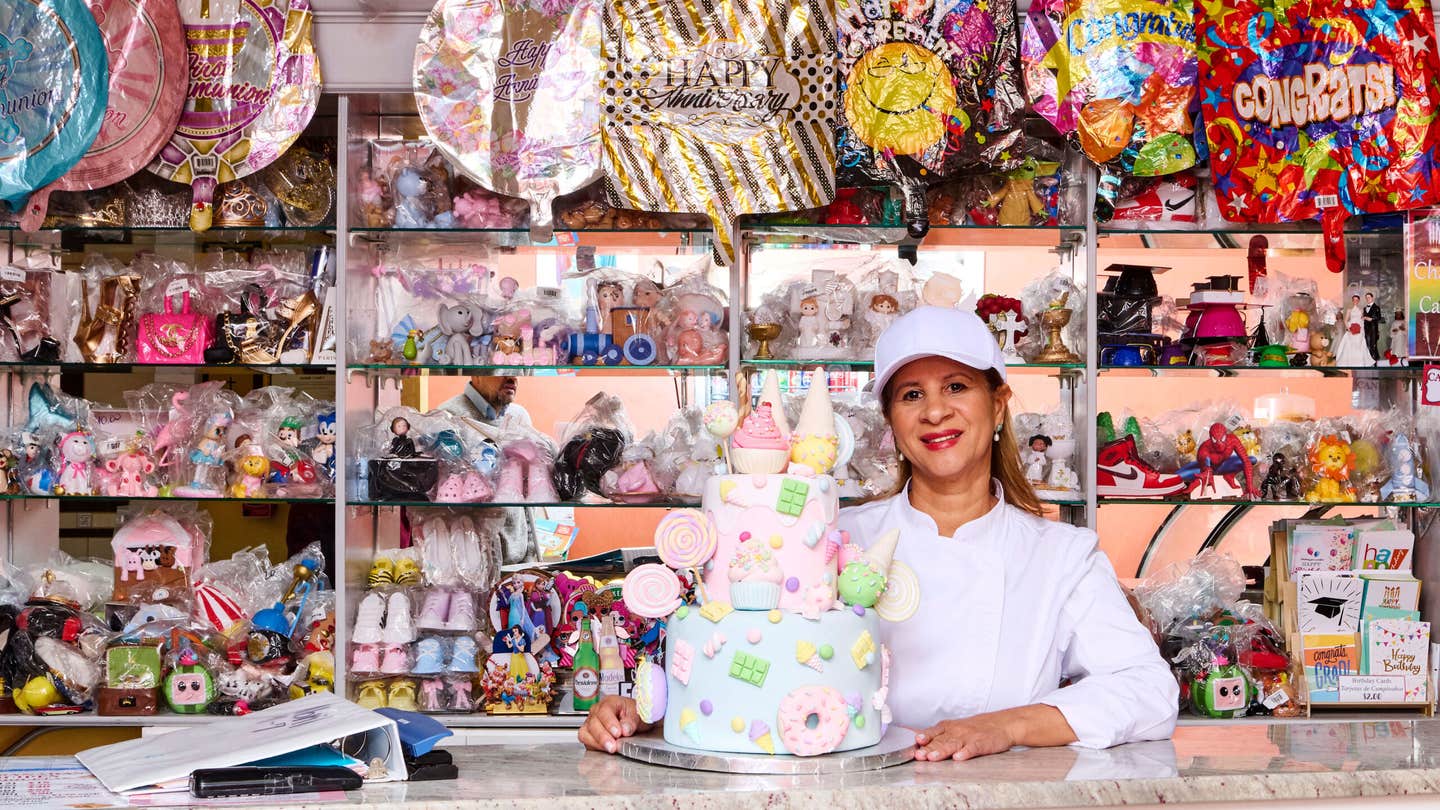
For a long time, this song was the ringtone on my cellphone: "Do you know what it means to miss New Orleans?" The guy who sang it, Louis Armstrong, certainly knew, and since the time I was 14 years old, I have too. That's when my mother, my little sister, and I tagged along on my father's trip to the National Barrel and Drum Association conference, an annual gathering for the industrial packaging trade, held in New Orleans in 1978. My father promptly abandoned us to Sazeracs and business, but we didn't need him; the city's charm chaperoned us through the week. We rode streetcars and paddle steamboats. We crammed in for a jazz show at Preservation Hall. And we ate. I cajoled my mom into the hour-long wait at Brennan's on a Sunday afternoon so that I could sit in the courtyard next to the cascading fountain and eat poached eggs draped in hollandaise.
Then we had dinner at Antoine's Restaurant. I ordered pompano, fished from Lake Pont-chartrain and presented in those days grandly encased within a deflating paper balloon—en papillote, according to the waiter, who peeled back the parchment to serve it. The mild white filet was moist and buttery and came gilded with crabmeat, and I felt like the world's most sophisticated teenager. I have never forgotten that dinner and its elegance, nor how graciously I was treated by a waiter who instructed me how to eat it. It was then I knew that my fascination with the trappings of a good meal was leagues deeper than I had previously realized. New Orleans and its oldest, most classic restaurant revealed to me a piece of myself that has shaped my life ever since.
That meal reappeared like magic while I was editing our celebration of New Orleans cuisine for this issue; I turned a page in the 1971 book American Cooking: Creole and Acadian, a volume in the excellent Time-Life "Foods of the World" series, and there it was, Antoine's pompano en papillote, the oven-bronzed, heart-shaped parchment enfolding the filet. Looking at it felt, in a way, like a homecoming.
Of course, the truth is that New Orleans is not my home. But I've returned there many times, as a college student for Mardi Gras, as a reporter after Hurricane Katrina, as a fan at Jazz Fest, and, always, as a diner, for my very first taste of its cuisine left me forever in its thrall. That's what a grand meal can do: capture not only your palate, but also your heart. New Orleans is a city full of those experiences; anyone who's ever eaten there knows what it means to miss it.
Keep Reading
Continue to Next Story










